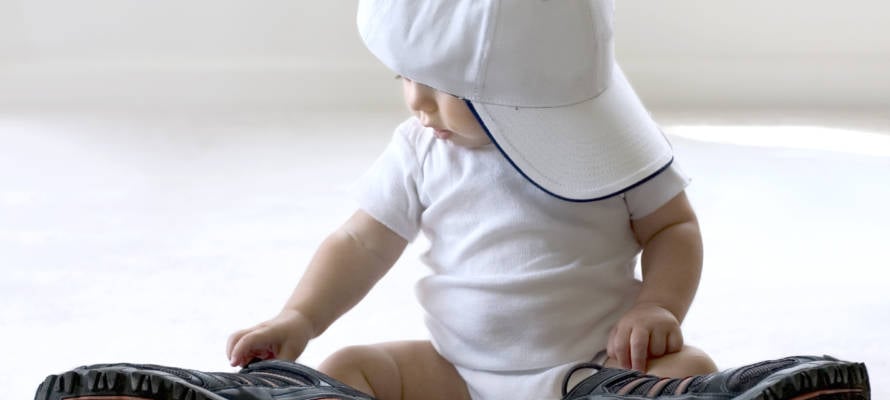Did you know that the original “sacred cow” in the Torah can teach us a lot about individuality?
By: Rabbi Ari Enkin, Rabbinic Director, United with Israel
This week’s Torah portion is “Chukat” (Numbers 19:1 – 22:1) and it deals with the true, original “Holy Cow.” That’s right, a Holy Cow! One who became impure through contact with a corpse cannot become pure again without having the ashes of a Red Cow sprinkled on him (or her). Since we do not have a Red Cow nowadays, not to mention a Holy Temple where the ritual must be performed, everyone who has ever been in contact with, or even in proximity to, a corpse is impure. It is simply not possible to become fully purified nowadays. The mikva (ritual bath) only purifies to a certain degree.
What was really fascinating about the Red Cow purification procedure was that although the impure individual would become pure as soon at the Kohen (Priest) sprinkled the ashes of the Red Cow upon him, the Kohen performing the purification ceremony would become impure! The ashes of the Red Cow had a simultaneous opposite affect! It would purify the impure individual and, at the same time, cause a ritually pure individual to become impure!
Oddly enough, the Torah calls the purification procedure “the law of the Torah” and not something like “the law of the Red Cow” or “the laws of purification.” Why is the Red Cow procedure honored with being called “the law of the Torah?”
It’s explained that much of life is similar to the Red Cow procedure. As we have seen, the ashes of the Red Cow are beneficial to one person but detrimental to another. Indeed, there are so many things in life that are beneficial to one person but detrimental to another person. This is true in the “law of the Torah,” meaning “the world of education.”
There are many Jewish schools in Judaism catering to diverse political and religious stripes. There are schools for gifted students and schools for those with learning disabilities. There are schools that emphasize Talmud studies and those that emphasis Bible studies. There is no end to the many types of Jewish schools out there. And do you know why? Because, just like the ashes of the Red Cow, what’s good for one child is not necessarily good for the other! Not everything works for everyone. Not in the religious world and not in the secular world.
When choosing a child’s school, camp, extra-curricular activities, friends and more, parents often look out for their own interests, not their child’s interests. A parent may feel embarrassed if people were to discover their child was in a certain school and therefore sends to the one that is more to their own benefit. How sad. Just because the prestigious school is good for the neighbor’s child doesn’t mean that it’s good for your child.
The lesson of the Red Cow is that when it comes to making choices in life, such as a child’s education or personal development, we must remember that what is beneficial to one child could be detrimental to another. Parents: Remember to make decisions for your children’s benefit – not for your own.
For more insights by Rabbi Enkin on this week’s Torah portion, click on the links below.
https://unitedwithisrael.org/living-torah-you-dont-know-what-youve-got-till-its-gone/
https://unitedwithisrael.org/living-torah-beware-of-uncontrolled-emotion/
https://unitedwithisrael.org/living-torah-the-bible-understands-human-nature/
https://unitedwithisrael.org/the-death-of-aaron-and-the-unity-of-the-nation-of-israel/
https://unitedwithisrael.org/torah-time-is-torah-time/
